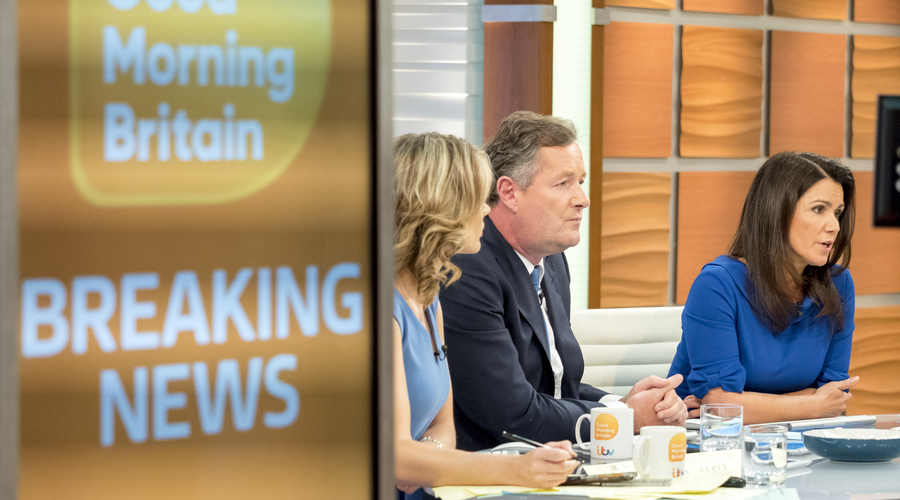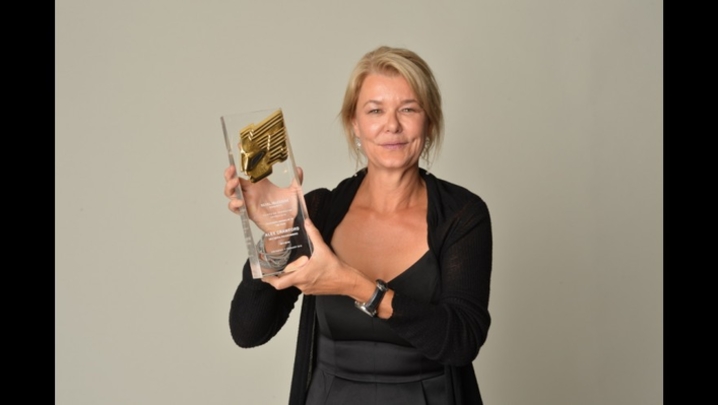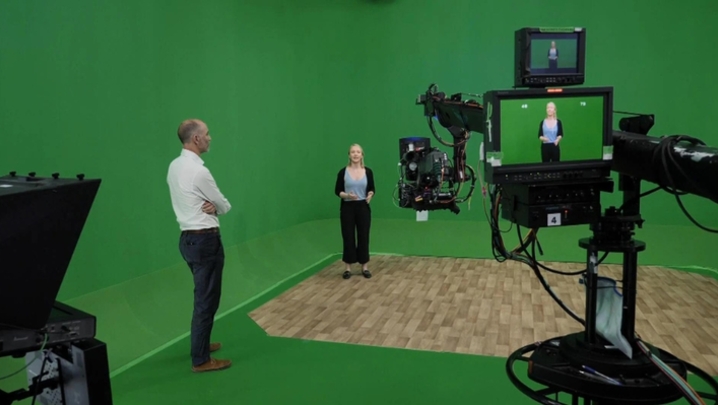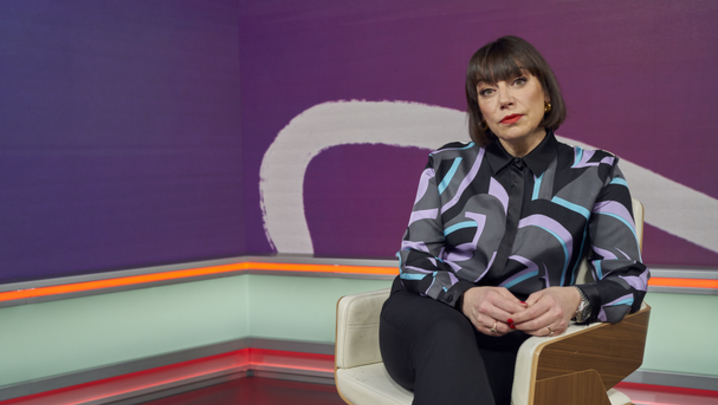“Under pressure, you have got to make some pretty tough judgements about what material you are going to use, what you are going to show…” explains Sue Inglish, the former BBC Head of Political Programmes and chair of the RTS Television Journalism Awards 2018
Breaking News is the proving ground of a newsroom. In a breaking news scenario, all the machinery of the newsroom clicks together to tackle what is happening now, and deliver the events of the day to the audience as they arrive.
“Breaking news is our bread and butter,” explains Dylan Dronfield, Senior News Editor at Sky News. “That’s what Sky News was originally billed as doing.”
Sky News has been nominated alongside Good Morning Britain in the 2018 RTS Television Journalism Awards for its breaking news coverage of Grenfell and Manchester, and Grenfell respectively.
“Where we would differ from Sky is, we are of course trying to show a breaking story, [but] we are also trying to show a sense of context as well… That’s our role as a programme rather than a rolling news programme,” adds Neil Thompson, Editor of ITV’s Good Morning Britain.
In a breaking news scenario, the two men agree, accuracy and speed are vital. “While I think our viewers and readers can accept that the picture isn’t always clear, you can’t be wrong,” explains Dronfield emphatically.
For Thompson, the role his programme plays is slightly different. Sky News is a 24-hour rolling news channel, while GMB is time-locked to begin at 6am. “We would be trying to provide insight and what one may call punditry and commentary as well as saying ‘this is what is going on’,” he explains.
Beyond the technicalities of getting boots on the ground and eyes in the sky, one of the most complex and divisive issues in a breaking news scenario is to do with ethics. In a tragedy like Grenfell, there is a real risk that families might find out about the death of a loved one from the live coverage. This something that all breaking news programmes seek to avoid.
Sue Inglish explains: “You’ve got to temper the desire to get stuff on air quickly with the need to be accurate and to be sensitive about what you’re showing and what you’re saying.”
Dronfield adds, “if people, in those early instances… find out that something dreadful has happened to their family by seeing it on the news... It’s the main thing we worry about.
It is in instances like that when individual judgement comes into play. For Dronfield at Sky News, a Facebook live video by someone trapped on the upper floors of Grenfell tower sat in his possession for a number of hours before he made the decision to air the footage. “It’s very distressing to hear someone’s voice in potentially the last moments of their life… We didn’t know for sure that she’d died. We didn’t know whether her family had seen it.” Tragically the woman concerned, Rania Ibrahim, and her two daughters died in the fire.
For Good Morning Britain’s Neil Thompson, airing live footage of an elderly man, Elpie Bonifacio, waving desperately for help from the seventh floor of the tower, was also ethically complicated. “There were a number of people in the gallery who disagreed with that decision, who feel that actually we shouldn’t have focused on him and his predicament, and I overrode that.
“My instinctive belief, which I still keep faith with […] was that his predicament captured the scale of the disaster, and the scale of what was going on in that moment.”
“At the point at which Elpie started to cry and there was smoke billowing out from behind him, I told them to cut off him… At that point anybody watching would have assumed – wrongly as it happened but not unreasonably – that he was going to die.”
For Thompson, the scale of the tragedy justified the showing of that picture. “Had we been filming Elpie in house fire in a provincial town, we wouldn’t have taken those pictures live.”
Happily Elpie survived, and his son, who appeared on GMB a few days later, believes that it is partly due to the coverage that the emergency services were able to locate and rescue him. However, says Thompson, “that’s not why we did it.
“I am as happy as anybody you can imagine that he lived, but taking a live shot of him in the moment which we did, was not intended to save his life. We did it because it was the right thing to do at that time to explain very vividly the scale of what was going on.”
The ethical implications of decisions made in a breaking news scenario are numerous and with potentially huge implications. “It’s very intense and you are having to make very fast decisions under pressure,” says Sue Inglish. “That’s where people who have got some experience under their belts and have done this sort of thing before are worth their weight in gold.”
Dronfield concludes, “You’ve got to make judgement calls about that sort of think which all have to be done on a case-by-case basis really."
Sky News and Good Morning Britain have been nominated for the RTS Television Journalism Awards 2018 sponsored by Guestbooker, in the Breaking News category.
To see the full list on nominees or to book tickets to the awards, click here.









